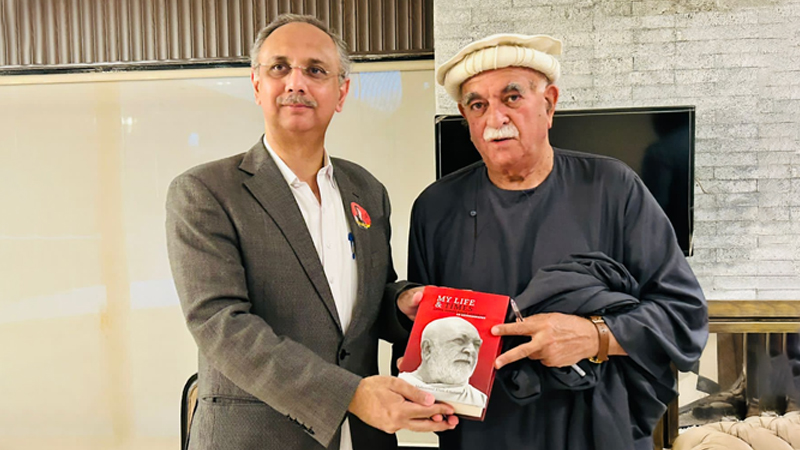In a landmark decision, the United Nations General Assembly passed a resolution on Friday that grants Palestine additional rights within the international body, a move hailed as a significant step towards Palestinian statehood. The resolution allows Palestine to fully participate in debates, propose agenda items, and have its representatives elected to committees, marking a notable recognition of Palestinian sovereignty.
The decision comes amidst growing momentum among several European countries, including Spain, Ireland, Slovenia, and Malta, to formally recognize Palestine as a state. EU foreign policy chief Josep Borrell confirmed Spain’s intention to recognize Palestine on May 21st, with other nations expected to follow suit.
The UN’s move has been met with staunch opposition from Israel, whose ambassador to the UN, Gilad Erdan, vehemently condemned the decision, accusing the international body of embracing what he referred to as a “terror state.” Erdan’s fiery speech included the act of tearing apart a copy of the UN Charter, symbolizing Israel’s rejection of the resolution and its implications.
The issue of Palestinian statehood has long been a central and contentious issue in international politics. While 139 out of 193 UN member states have recognized Palestine as a state, Israel continues to oppose the creation of an independent Palestinian state, citing concerns over security and its own existence.
The United States, historically a key ally of Israel, has supported the two-state solution but insists that any progress towards Palestinian statehood must come through direct negotiations between Israel and Palestine. Last month, the US used its veto power in the Security Council to block a resolution seeking Palestine’s admission as a state, deeming it “premature.”
The General Assembly’s resolution represents a significant milestone in the decades-long struggle for Palestinian statehood, signaling a growing international consensus in favor of recognizing Palestine as a sovereign nation. However, the path to full statehood remains fraught with challenges and uncertainties, underscoring the complexities of the Israeli-Palestinian conflict and the ongoing quest for peace in the region.











Leave a Reply